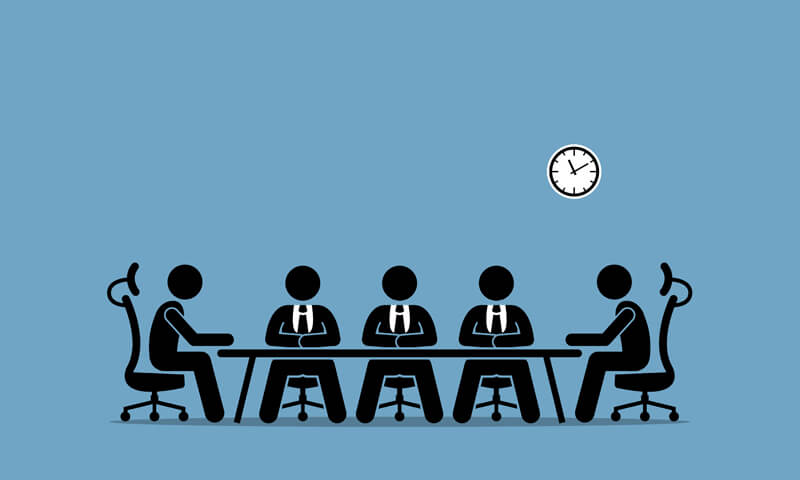Â
Big law firms across the country have recently cut their junior lawyer and staff members in the recent years following the recession. Now, those law firms are focusing on partner performance and are watching how many hours the partners bill clients. Partners that have low numbers could wind up seeing their pay get cut or lose their ownership stake in the firm. Then, some other partners could simply lose their position with the firm, according to The Wall Street Journal.
“It’s become a more challenging environment,” says law-firm consultant Tony Williams. Williams used to be a managing partner with Clifford Chance 
The partnership structure at Nashville law firm Waller Landsen Dortch & Davis LLP was changed as a result of the recession. The firm, which has 200 lawyers, changed its partner structure and changed pay.
“Over that time we went from about 85 equity partners to about 55,” says Chairman John Tishler. “We had a lot of hard conversations, and so some people left us.” Tishler said that those who decided to stay “became much more engaged in developing new lines of business.”
Wells Fargo Private Bank’s Legal Specialty Group surveyed 120 law firms and 15 percent of them said that they are planning to cut partners in the first quarter of 2013. These cuts would continue a three-year trend.
A poll by American Lawyer magazine found that 55 percent of the 113 managing partners and firm chairmen surveyed said that they are planning to ask anywhere from one to five partners to leave in 2013. Five percent of those surveyed said they planned to cut anywhere from 11 to 20 partners in 2013, which is an increase from the 1.2 percent from last year.
“You don’t want to tear the fabric of the firm,” says Jeff Grossman, national managing director for Wells Fargo’s Legal Specialty Group. “But there are only so many hours a law firm is producing, and if you have too many people for the work, those additional individuals are siphoning off profits.”
Edward Newberry, the managing partner for Patton Boggs LLP, said that a drop in hours billed of 100 or 250 could lead firms to take a substantial hit.
“Rate increases are hard to come by, demand is not increasing,” Newberry said. Newberry said that firms attempting to increase profits, “partner productivity is one of the remaining key tools.”
“In some cases we are counseling people out of the firm, but that’s a step we prefer not to take,” Mr. Newberry said. “Partnership standards at all firms, including ours, have increased.”













































